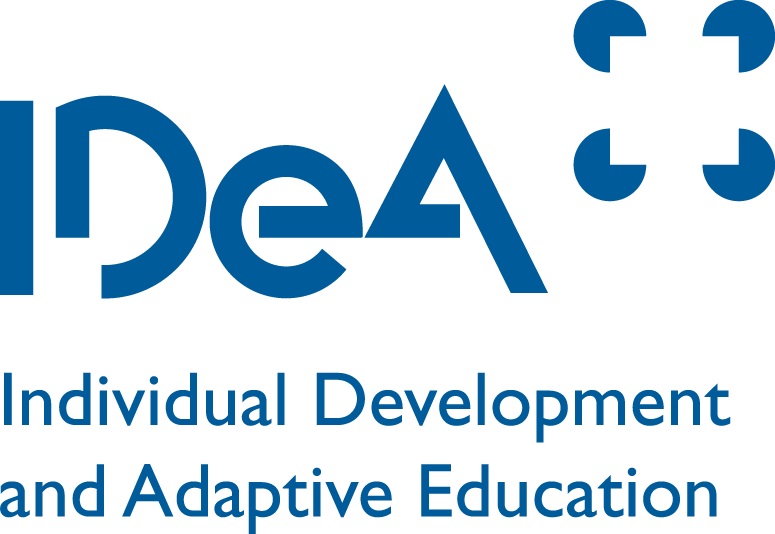Project GoThink
Wirklich wahr? Wie sich Gesten auf das logische Denken bei Kindern auswirken
Das Projekt untersucht, wie das Ausführen von ikonischen Gesten während der Satzverarbeitung das logisch-abstrakte Denken bei Kindern im Grundschulalter unterstützt, und welche Rolle dabei das Arbeitsgedächtnis spielt. Der inhaltliche Fokus liegt auf der Verarbeitung von Sätzen mit dem Zahlausdruck „einige“, in denen verschiedene Mengen in Bezug zueinander gesetzt werden (“einige”,…, “alle”). Die Ergebnisse des Projekts bieten Anknüpfungspunkte für Förderkontexte im Grundschulalter, die
The starting point for the project is recent findings showing that iconic gestures promote vocabulary learning. However, little is known about the influence of gestures in language acquisition on real-time logical-abstract reasoning and the role of working memory.
The aim of this project is to investigate the neurocognitive mechanisms of this interaction in an EEG experiment. The focus is on the processing of sentences containing the numerical expression ‘some’, in which different quantities are related and which are often interpreted differently by children and adults. For example, the sentence Some elephants have trunks is logically ‘true’ (If all elephants have trunks, then some elephants also have trunks), but is often rejected by adults because some is often interpreted as some, but not all, which is known as ‘implicature’. Since children at certain stages of development do not interpret implicatures, or interpret them incorrectly, the project will investigate whether gestures lead to a better understanding of implicatures by children in real time.
The results of the project will provide important starting points for the development of adaptive learning environments aimed at linking representations of quantities and appropriate manual gestures.
Cooperation partners
Selected publications
Augurzky, P., Franke, M., & Ulrich, R. (2019). Gricean expectations in online sentence comprehension: An ERP study on the processing of scalar inferences. Cognitive Science, 43(8):e12776. doi:10.1111/cogs.12776
Brod, G., Greve, A., Jolles, D., Theobald, M., & Galeano-Keiner, E. M. (2022). Explicitly predicting outcomes enhances learning of expectancy-violating information. Psychonomic Bulletin & Review. doi:10.3758/s13423-022-02124-x
Ebert, Ch., Ebert, C., & Hörnig, R. (2018). Vocabulary learning improves with interactive finger gestures. In Rothkopf, C., Balfanz, D., Galuske, R., Jäkel, F., Kersting, K., Macke, J., & Mohler, B. (Eds.), KOGWIS 2018: Computational Approaches to Cognitive Science. Proceedings of the 14th Biannual Conference of the German Society for Cognitive Science. TU Darmstadt.
Galeano Weber, E. M., Dirk, J., & Schmiedek, F. (2018). Variability in the precision of children’s spatial working memory. Journal of Intelligence, 6(1), 8. doi:10.3390/jintelligence6010008

